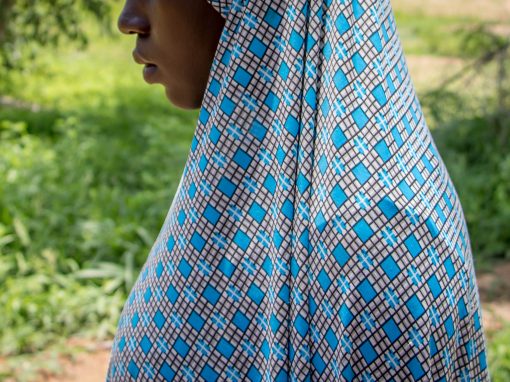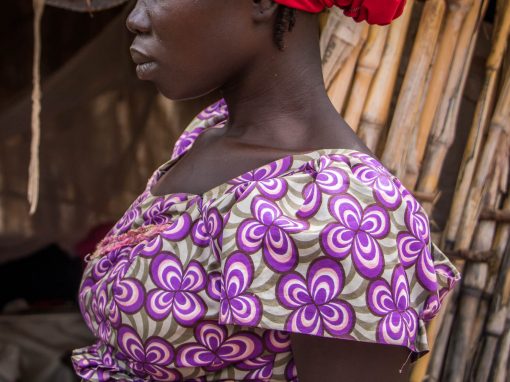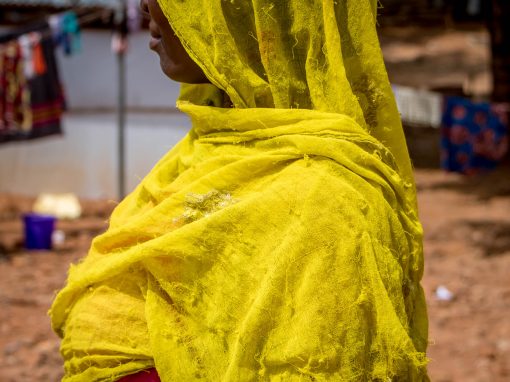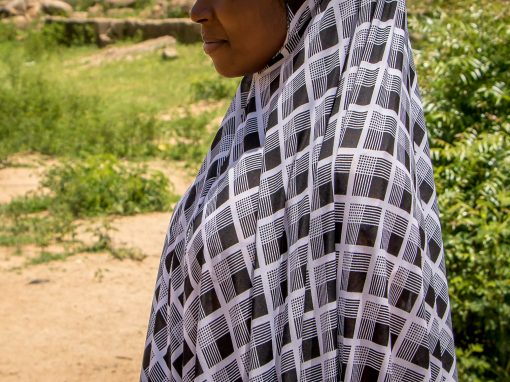The terrorist group has snatched women from the streets, from their farms, and even from the comfort of their homes.
No one knows how many women Boko Haram is holding captive, but estimates suggest it could be as many as 2,000.
These women are coerced into false marriages with the terrorists, forced to do backbreaking domestic work or to embark on suicide missions.
If they manage to flee, they return to communities that are unable or unwilling to help them recover from their trauma.
They shared their harrowing accounts with me – most times without emotion, using a matter-of-fact tone. This is not uncommon in a region of the country where so many are nursing personal pain and loss.
This project tells the stories of four of those women; Maryam, Fatima, Asabe and Rukayyah. Their names have been changed to protect them from Boko Haram and the stigma they sometimes suffer because of their experience.
STORIES
CITIES AND TOWNS THE WOMEN TRAVELLED THROUGH
(click on the map’s “+” and “-” buttons to zoom in and out)
Yola
Rukayyah, on the other hand, was first found at a government-run camp for displaced people. Then she went to stay with her oldest uncle who lives in Yola.



